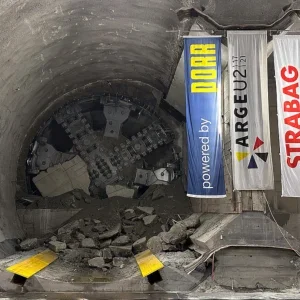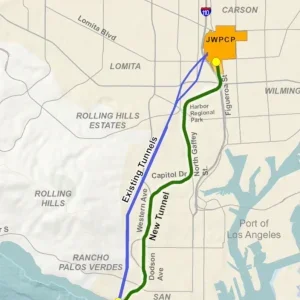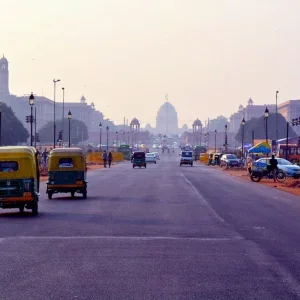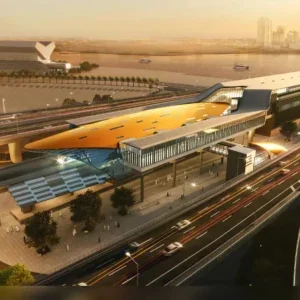On 10 July, 150mm thick reinforced concrete suspended ceiling panels fell from the roof of the I-90 Connector Tunnel, part of Boston’s Central Artery (Big Dig) scheme, onto a car killing one of the occupants and injuring the other.
Milena Del Valle, 38, was travelling to the airport with her husband when an estimated 10.9 tonnes fell onto their car. After rescue services had finished attending the scene, the area began to be documented by the Massachusetts State Police Crime Scene Services and project officials for investigation by the Massachusetts Highway Department. Initial reports said that anchor bolts that held the hanger rods for the panels appeared to have pulled from their sockets with a further 250 bolts elsewhere showing signs of displacement.
The tragedy occurred in a rectangular box section of tunnel. The main contractor for that package of work was said to be Modern Continental, with project management for the client being carried out by a JV of Bechtel and Parsons Brinckerhoff (B/PB). The area between the tunnel soffit and the ceiling panels was used for tunnel ventilation. The failed suspension system consisted of a T-shaped bracket held to the soffit by two anchors bolts fixed by epoxy resin, from which the hanger rods were bolted.
Following the incident, the I-90 Connector Tunnel was closed for remedial works and investigations. Pull-out tests are said to have been carried out and Massachusetts Governor, Mitt Romney, said that inspections had brought to light 242 further locations where bolts were separating from the tunnel roof.
Romney signed emergency legislation on 14 July that allowed him to assume responsibility for ongoing efforts to determine the extent of the problems. To upgrade the T-brackets held by the anchor bolts, remedials were initiated to replace the brackets with a new design held by four bolts.
The Ted Williams tunnel was also closed when two problem bolts were spotted during inspections prompted by the I-90 defects. Romney said state engineers had found one bolt that appeared to have slipped 12.5mm and one bolt that seemed to have slipped 25mm in one ceiling panel.
B/PB stressed its commitment to supporting efforts to investigate the accident, re-open the highway and address public concerns over safety. It immediately offered support to recovery efforts and inspections. Once the accident came under criminal investigation, effectively curtailing the JV’s access to the site and records, it proactively issued information and technical recommendations to help advance the analysis.
Bechtel said it supported the use of epoxy adhesive to secure the anchor bolts, adding it is a widely and successfully used method throughout the public transportation industry for such work. B/PB supported a comprehensive review of the project to restore public confidence in the scheme.







